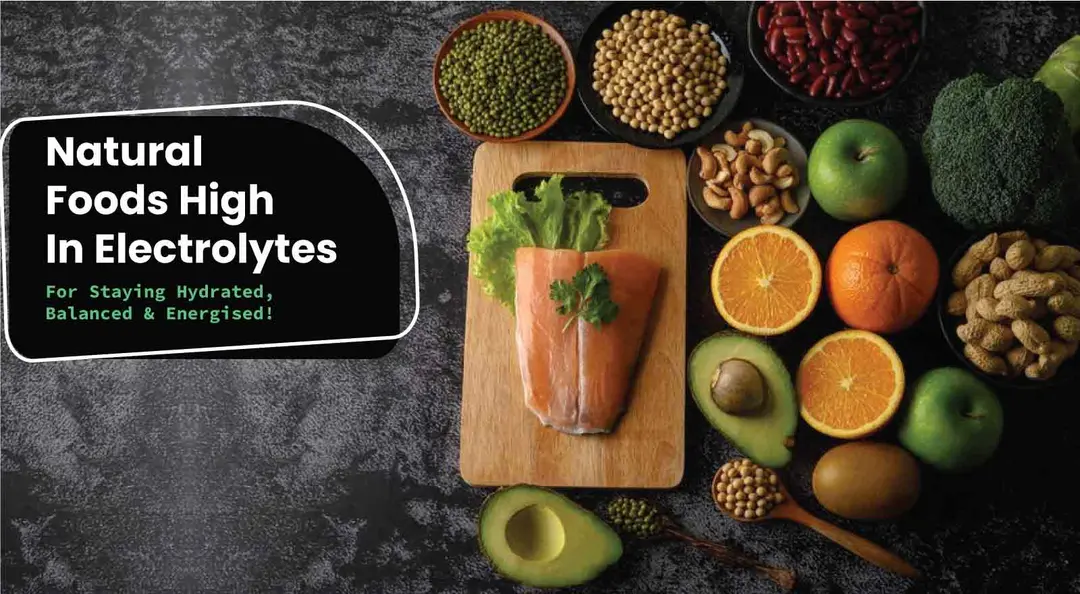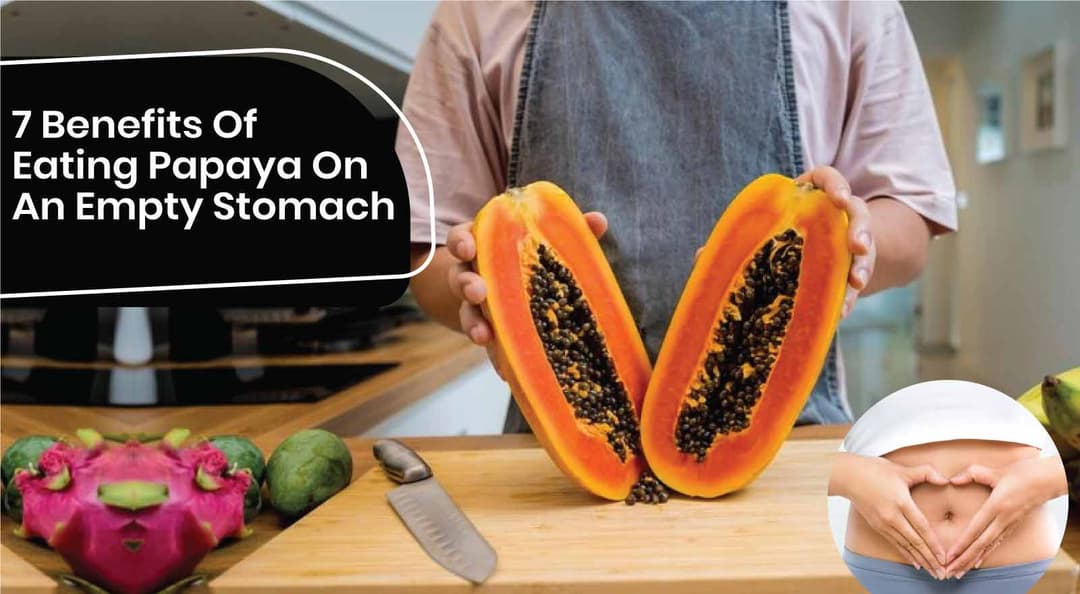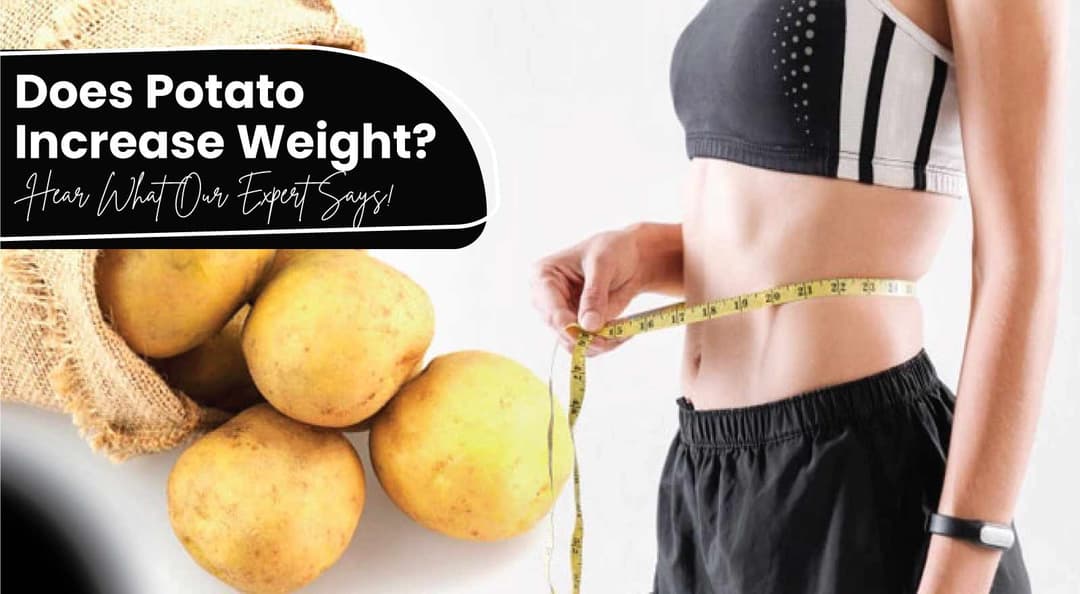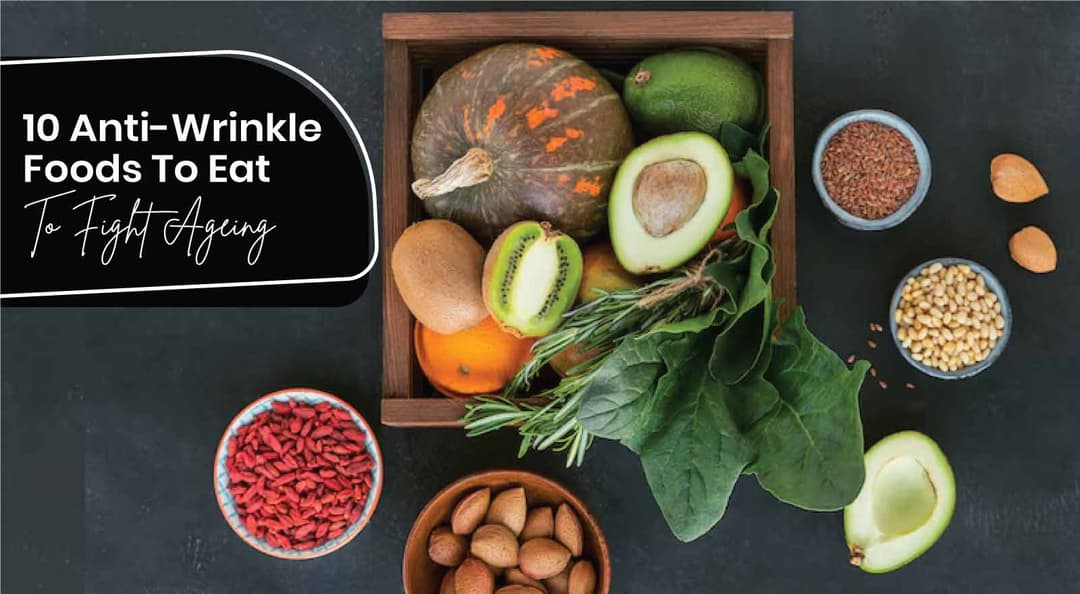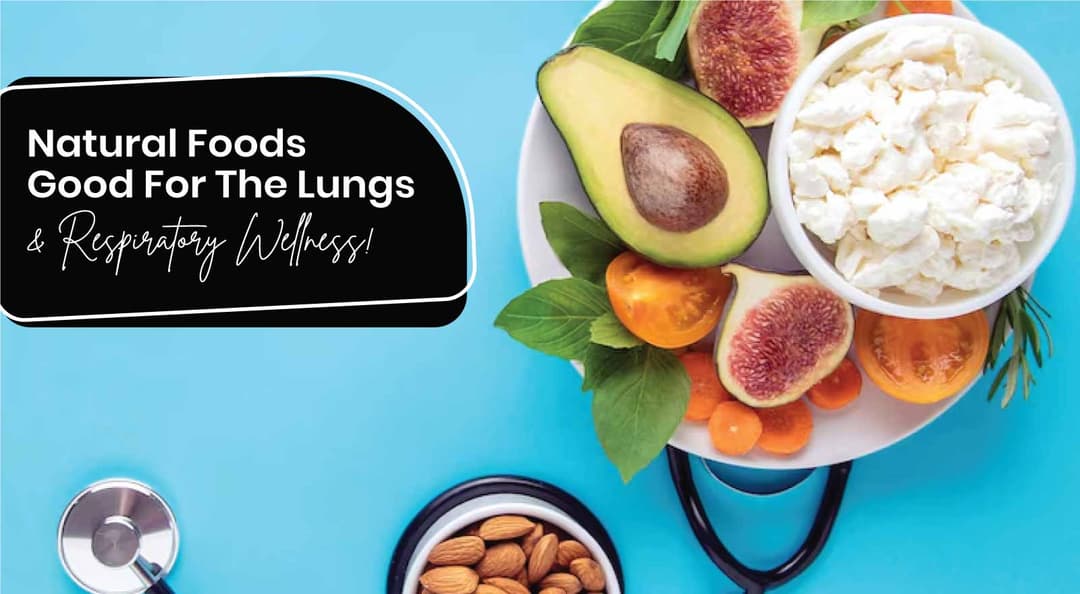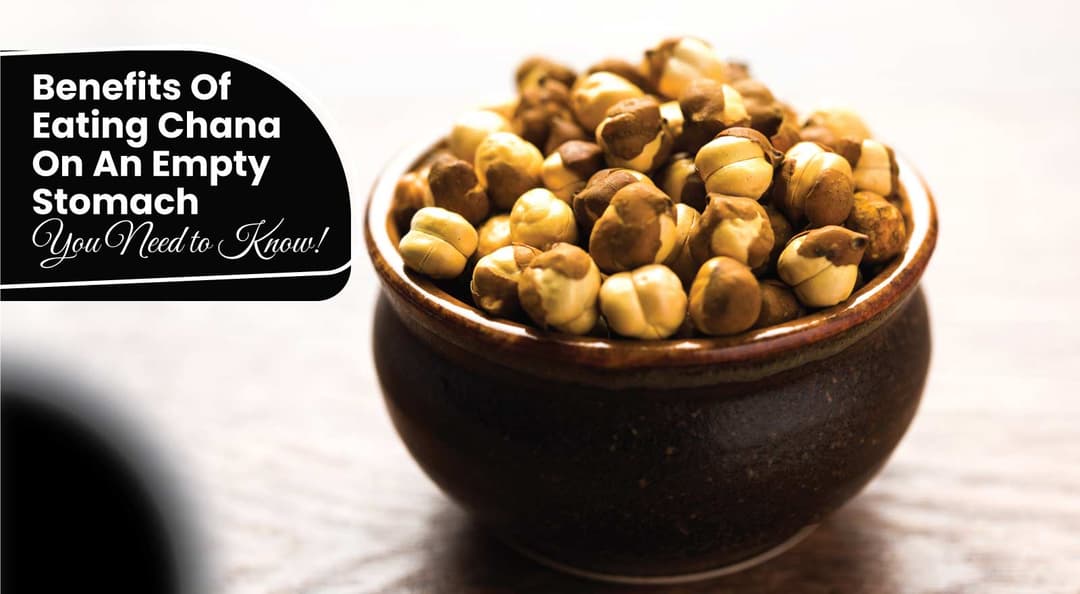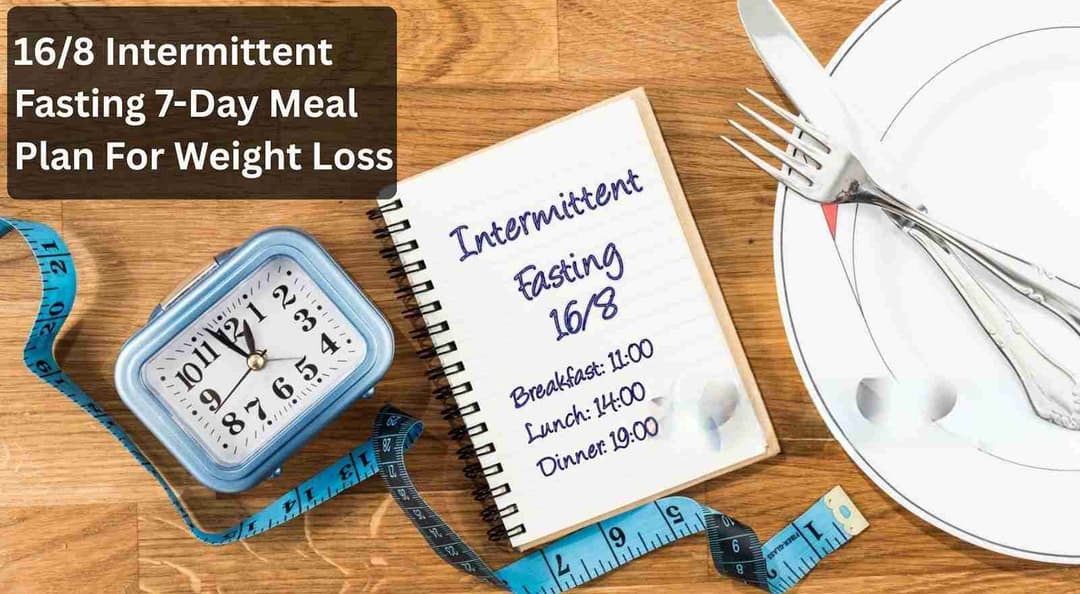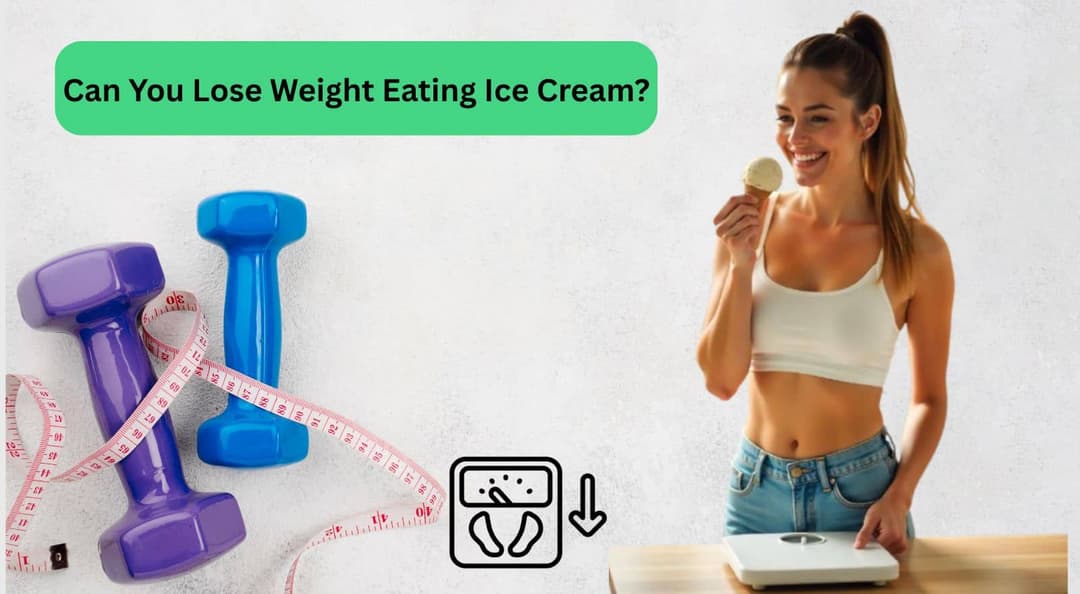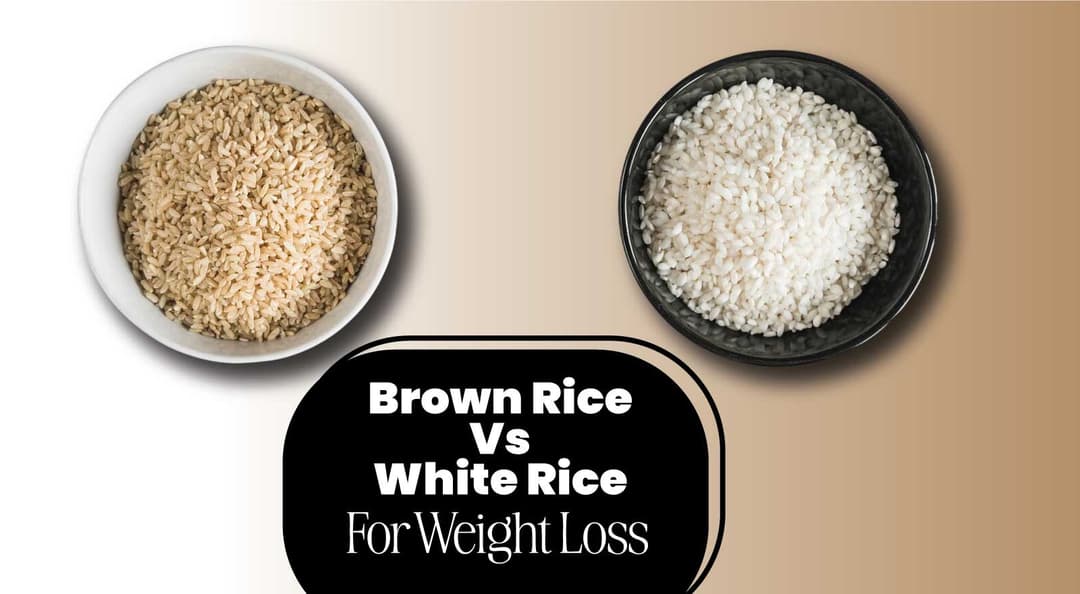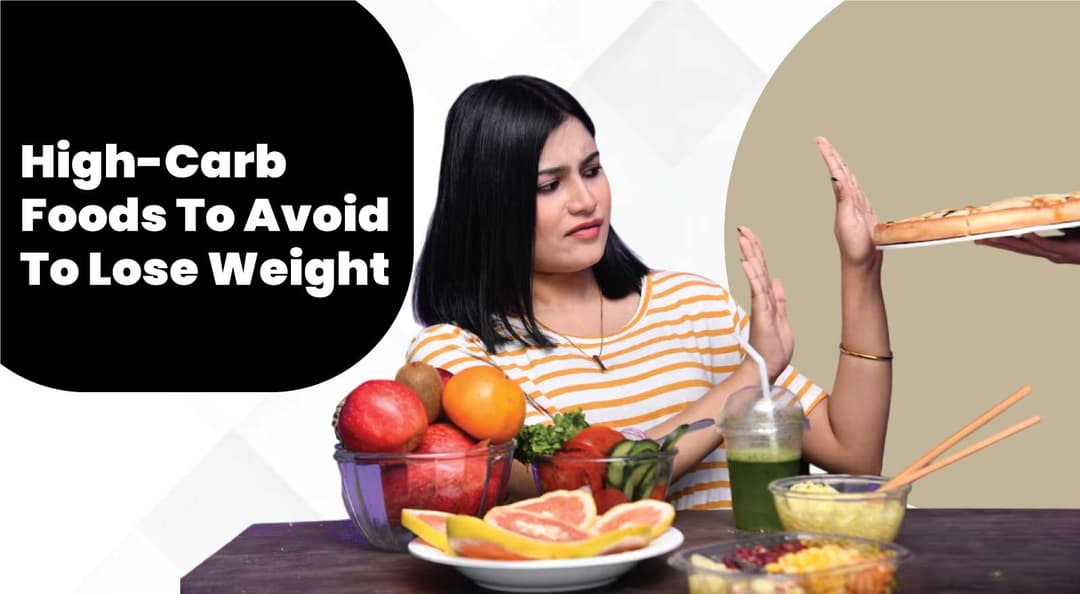Have you ever wondered how age affects a woman’s chances of getting pregnant? Age plays a big role when it comes to age and female fertility. Knowing about this connection can enable you to make informed choices about family planning and know when the body is most ready for pregnancy. In this article, we’ll explore the peak fertility age female and the ideal times to consider starting a family.
Typically, fertility in women starts high but naturally declines with age. The female fertility age chart shows that a woman’s best chances of conception are usually in her 20s to early 30s. This is often called the best age to get pregnant for a woman, as the body is most receptive, and there are fewer health risks involved for both mother and child.
However, fertility is different for everyone, and many factors, like lifestyle and health, play a role. While it’s common for fertility to decrease over time, understanding these changes can help women and couples plan their journey to parenthood. Let's see how age impacts fertility and what the best approach is for every stage!
Table Of Contents
- How Does Age Affect Female Fertility?
- What Is The Best Age To Get Pregnant?
- What Age Is Too Late To Get Pregnant?
- What Age Is High-Risk Pregnancy?
- Expert’s Advice
- The Final Say
- FAQs
- References
How Does Age Affect Female Fertility?
Yes, age has effects on both female and male fertility, although the impact is much more dramatic on female fertility. Age is one of the paramount factors affecting a woman's fertility. Here is how ageing affects a woman's fertility:
1. Number of Ovarian Follicles
From the time a woman is born until she gets her first period, the total number of ovarian follicles in her ovaries decreases from 2 million to about 2,50,000. Despite the fact that the ovaries release only one ovarian follicle each ovulation cycle, several hundred ovarian follicles are lost per month. The process of menstruation continues until menopause when ovulation stops completely.
2. Quality of Ovarian Follicles And Chromosomal Abnormalities
As women age, the number of ovarian follicles in a woman's ovaries declines over time, along with a decline in the quality of her ovarian follicles. This gradual decline in quality begins when a woman reaches the age of 35.
Many other factors can affect a woman's fertility and her chances of having a healthy baby, but the effect of age on her fertility cannot be overridden. Recent studies show that more and more women are delaying childbearing until their 30s or 40s for several reasons. This gradual shift in the average age of childbearing has caused an increase in fertility problems for couples worldwide.
As a woman's eggs age, they become more prone to chromosomal abnormalities, which can increase the risk of miscarriage or birth defects. Women are born with all the eggs they will ever have – about 2 million of them. The number of eggs gradually decreases over the years. By age 37, you will have about 25,000 eggs left. At age 51, you only have 1,000 eggs left. That may still sound like a lot of eggs, but the quality of your eggs also declines as you age. Your risk of developing conditions that can negatively affect fertility, such as endometriosis and fallopian tube disease, also increases with age. Your fertility starts to decline gradually around the age of 32. Starting between the ages of 35 and 37, fertility begins to decline more rapidly.
The ovulation process can also be affected by natural hormonal changes during the ageing process. Hormonal imbalances can disrupt the ovulation cycle, which results in erratic or absent periods. This can make the timing of conception difficult.
Consequently, aneuploidy—having either too many or too few chromosomes—is a genetic abnormality that is more common in eggs from older women. When aneuploid eggs are fertilised, the resulting embryos may similarly have too many or too few chromosomes. Most aneuploid embryos either do not lead to pregnancy or alternatively lead to miscarriage. Rare cases of implantation of aneuploid embryos can lead to the successful birth of a child with a chromosomal abnormality. As women age, both miscarriages and offspring with chromosomal abnormalities increase.
What Is The Best Age To Get Pregnant?
Medically, every woman has her own unique problems. However, according to gynaecologists, the best age to become a mother is 25-35. Becoming a mother after 35 can be complicated. That is why the ten years between 25 and 35 are the right time.
Medical experts explain that by the age of 30.5, the quality and reserve of eggs in women reach their optimal levels, leading to a very high chance of having a healthy pregnancy and baby. The decline becomes much sharper than this for the fertility of women after the age of 35 years. Risks of gestational diabetes, among other complications, have increased manifold along with higher risks for chromosomal abnormalities in the baby. Though each case is unique, one is advised to try pregnancy when in his or her late 20s to early 30s for optimum health.
Women should have their fertility tested continuously. There is a test called AMH (Anti Mullerian Hormone) that shows the number of eggs. By the age of 32, it decreases drastically. If it is low, there is a risk.
What Age Is Too Late To Get Pregnant?
In the middle to late 30s, a woman's egg production and quality start to decrease. According to studies, a woman's chances of becoming pregnant generally start to wane from age 27 and then sharply beyond age 37.
The end of the menstrual cycle (for a year or longer) is known as menopause. With an average age of 51, most women accomplish this milestone between their late 40s and early 50s. So it's entirely possible to get pregnant the old-fashioned way under 50. Before the menstrual cycle stops completely, there is a period called perimenopause, when the cycles become longer and less regular. Women typically enter perimenopause sometime in their mid-40s, but some can hit that point as early as their mid-30s. During this time, you're still ovulating, so getting pregnant is possible—though more difficult to achieve.
Most women over 45 cannot get pregnant without the help of IVF and other ART procedures. However, the Indian Council of Medical Research (ICMR) shares that any woman of any age can become pregnant—with medical help—provided she has a "normal uterus," even if she no longer has ovaries or ovarian function.
What Age Is High-Risk Pregnancy?
A high-risk pregnancy is any pregnancy that poses an increased health risk to the expectant mother, the fetus, or both. People who have a high-risk pregnancy may have underlying conditions that increase their risk, or they may develop conditions during pregnancy that put them at high risk of complications.
Timely and consistent prenatal care increases the chances of a healthy pregnancy, even though it belongs to the risk category. High-risk pregnancies are not very common, but they are not rare either. There isn't much research on this topic, but the World Health Organization says it affects about 15% of pregnancies.
At what age is pregnancy considered risky?
Your age may increase your risk of pregnancy complications if you are very young or over 35.
1. Teenage Pregnancy
Pregnancy problems are more likely to occur in teenagers for a number of reasons:
- Pregnancy-related high blood pressure and anaemia are more common in teenagers.
- Preterm birth, also known as premature birth, is more common in teenagers.
- Teens are more prone to miss doctor's appointments and to put off getting prenatal care.
- Teens are less likely to seek the proper treatment when they become aware that they have a sexually transmitted infection (STI).
2. Pregnancy Over the Age of 35
Having your first child over the age of 35 does not automatically mean you will have a complicated pregnancy. Many parents in their 30s and older have healthy, problem-free pregnancies.
However, it increases the risk of some complications, including:
- Gestational diabetes (refer to this blood sugar chart by age and gender)
- High blood pressure
- Miscarriage or stillbirth
- Ectopic pregnancy
- Cesarean delivery
- Genetic disorders
- Prolonged labour
- Birth complications
Also Read: 4 Effective And Safest Pelvic Floor Exercises For Pregnancy
Expert’s Advice
Understanding how age and female fertility are key to making informed decisions. Although the fertility rate drops with age, there is always another factor that would have an influence on a woman's fertility. With reproductive medicine developed to offer multiple choices, most women who have come to feel at an older age a need to be a mother will now enter the journey of their reproductive years full of confidence if they are kept informed and start planning early.
Health Expert
Lavina Chauhan
The Final Say
Thus, knowledge of the correlation between age and female fertility might be helpful in the case where a person has a plan to become a parent.
Of course, the 20s and early 30s have been perceived by most people as the optimal period for conception, though this fact should not let everyone forget that each female has a different life track. Awareness of risks arising when postponing pregnancy allows every person to make decisions according to their goals and individual situation. Remember, whether now or in the future, knowledge is your best ally when it comes to your reproductive health.
FAQs
1. At what age does a woman stop being fertile?
The female fertility declines after 35 years. However, most women decline sharply after the age of 35. By the age of early 50s, most women reach menopause and are no longer fertile.
2. Why does the risk of problems getting pregnant increase with age?
The production of eggs by the body will decrease with age and in quality and quantity in women, leading to the increased chance of genetic anomalies and, thus, lower fertility. This can lead to an even higher risk of miscarriage and other complications during pregnancies, so conception will be even harder.
3. At what age are women most fertile?
Women are most fertile between the ages of 25 and 35, during which they have the best chances of conceiving naturally. This period is characterised by optimal egg quality and quantity, providing a favourable environment for pregnancy.
4. What is the average female fertility age in India?
The average female fertility age in India has been shifting, with many women now having their first child around 27 years old. This change reflects a trend towards later marriages and family planning, impacting overall fertility patterns in the country.
5. What is the best age to get pregnant for a woman?
The best time for pregnancy in a woman is said to be in the late 20s up to early 30s because, at this age, the risks of complications during pregnancy and birth are lower.
References
- https://www.betterhealth.vic.gov.au/health/conditionsandtreatments/age-and-fertility
- https://www.acog.org/womens-health/faqs/having-a-baby-after-age-35-how-aging-affects-fertility-and-pregnancy#:~:text=A%20woman%27s%20peak%20reproductive%20years,getting%20pregnant%20naturally%20is%20unlikely.
- https://ivfminnesota.com/how-does-age-affect-fertility/
- https://www.ivf.com.au/planning-for-pregnancy/female-fertility/effect-on-age
- https://oasisindia.in/blog/understanding-womens-fertility-by-age/
- https://www.ncbi.nlm.nih.gov/books/NBK576440/
- https://www.acog.org/womens-health/faqs/having-a-baby-after-age-35-how-aging-affects-fertility-and-pregnancy#:~:text=A%20woman%27s%20peak%20reproductive%20years,getting%20pregnant%20naturally%20is%20unlikely.
- https://fetalcaredallas.com/blog/what-is-a-high-risk-pregnancy/
- https://www.bbc.com/hindi/india-61366457
- https://www.novaivffertility.com/fertility-help/women-age-and-fertility
About ToneOp Fit
ToneOp Fit is a platform dedicated to improving and maintaining good health through a comprehensive range of goal-oriented health plans with up to 3 Coach support. With a range of Weight Management, Medical Condition, Detox Plans, and Face Yoga Plans, the app also provides premium health trackers, recipes and health content. Get customised diet, fitness, naturopathy & yoga plans and transform yourself with ToneOp.














